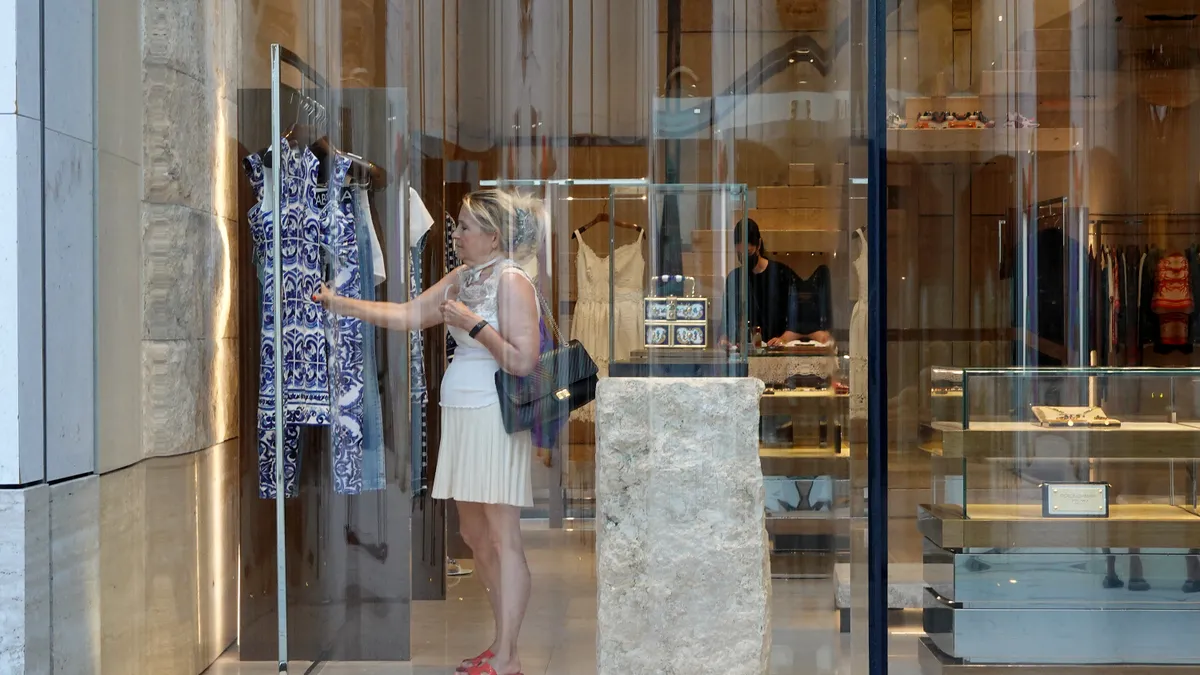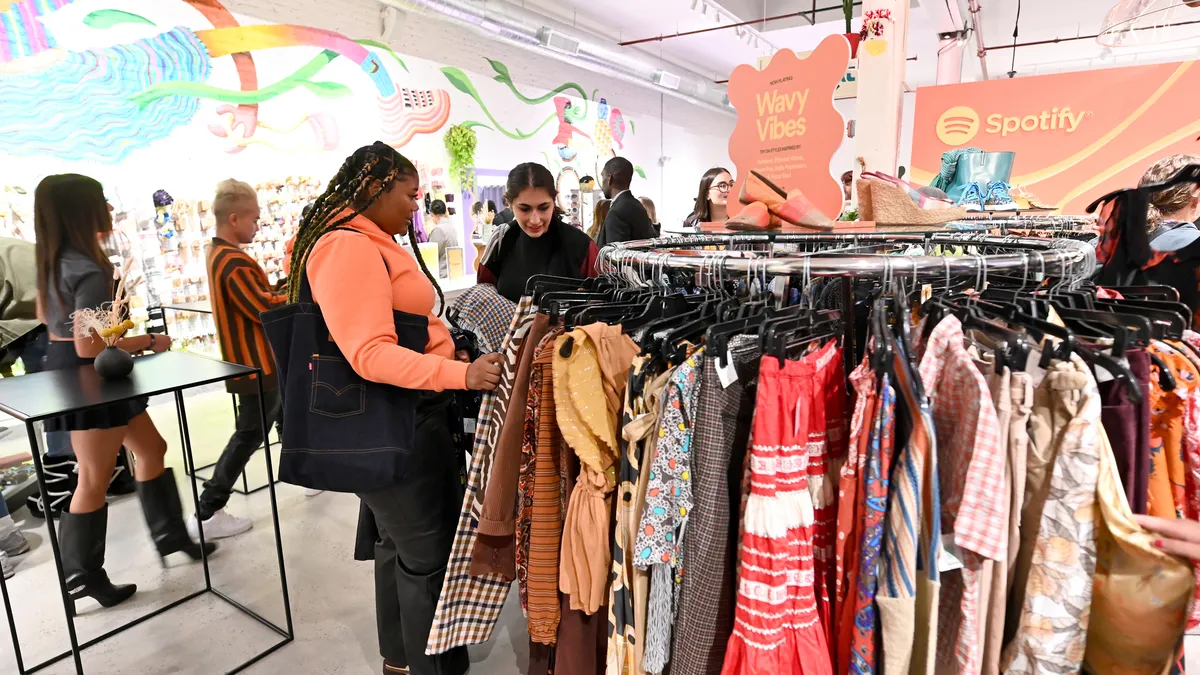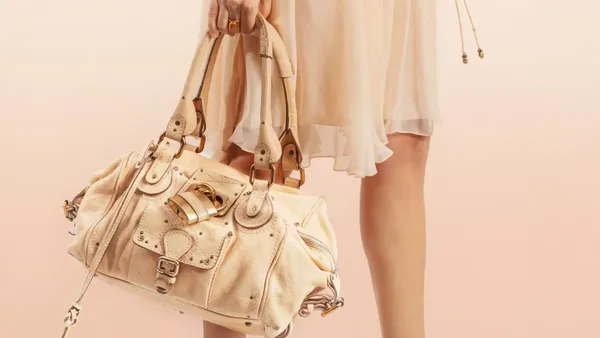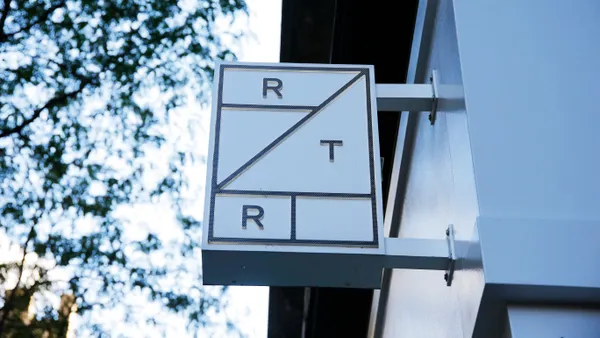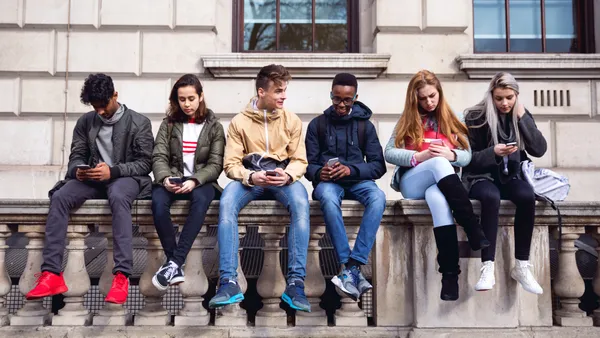Dive Brief:
- The highest-earning income bracket is decreasing its spending on apparel and accessories faster than any other income demographic, according to credit card data from research firm Earnest.
- By contrast, the high income demographic spent more, year over year, on experiences with persistence spending growth in fitness and restaurants, Michael Maloof, senior director of marketing for Earnest, said in an email.
- The data suggests the broader consumer spending slowdown in March may be due to higher income households holding back, according to the report. Earlier in March, Earnest found transaction data was declining for the month with online and in-store converging towards negative single-digit year-over-year growth.
Dive Insight:
Despite having more disposable income and feeling less of a pinch from high inflation rates, high-income earners are slowing down their spend on fashion compared to those who make significantly less, according to the Earnest report.
“Now that consumer sentiment is falling, they are pulling back,” Michael Maloof, senior director of marketing for Earnest, said in an email.
In March, those earning $40,000 or more outperformed the lowest income spenders in year-over-year growth, the report states. But that pattern reversed in the first two weeks of April.
Earnest data shows high-income earners who earn more than $150,000 a year were spending 27% more year-over-year at apparel retailers and department stores. But those who earn less than $40,000 annually spent roughly the same on apparel as they had during the same time period the year prior.
This slowdown was reflected in some luxury brands’ recent earnings, but not all. Kering’s Balenciaga, Alexander McQueen and Brioni saw a collective decline of 9% in sales to $985 million. Other Kering brands grew sales, however, including Yves Saint Laurent, which increased revenue by 9%, and Gucci, although the Italian house only saw sales rise by 1%.
Other luxury brands that saw increases during their last earnings reports included Valentino and LVMH.
Department stores typically reap the benefits from additional tax refund spending, but Earnest data suggest the bulk of this spending has already passed in the earlier months of the year.
Travel spending is slowing down from the double digital growth it experienced in February, according to Maloof. The only category that wasn’t impacted by the wealthy’s slowdown is pet care and goods.



